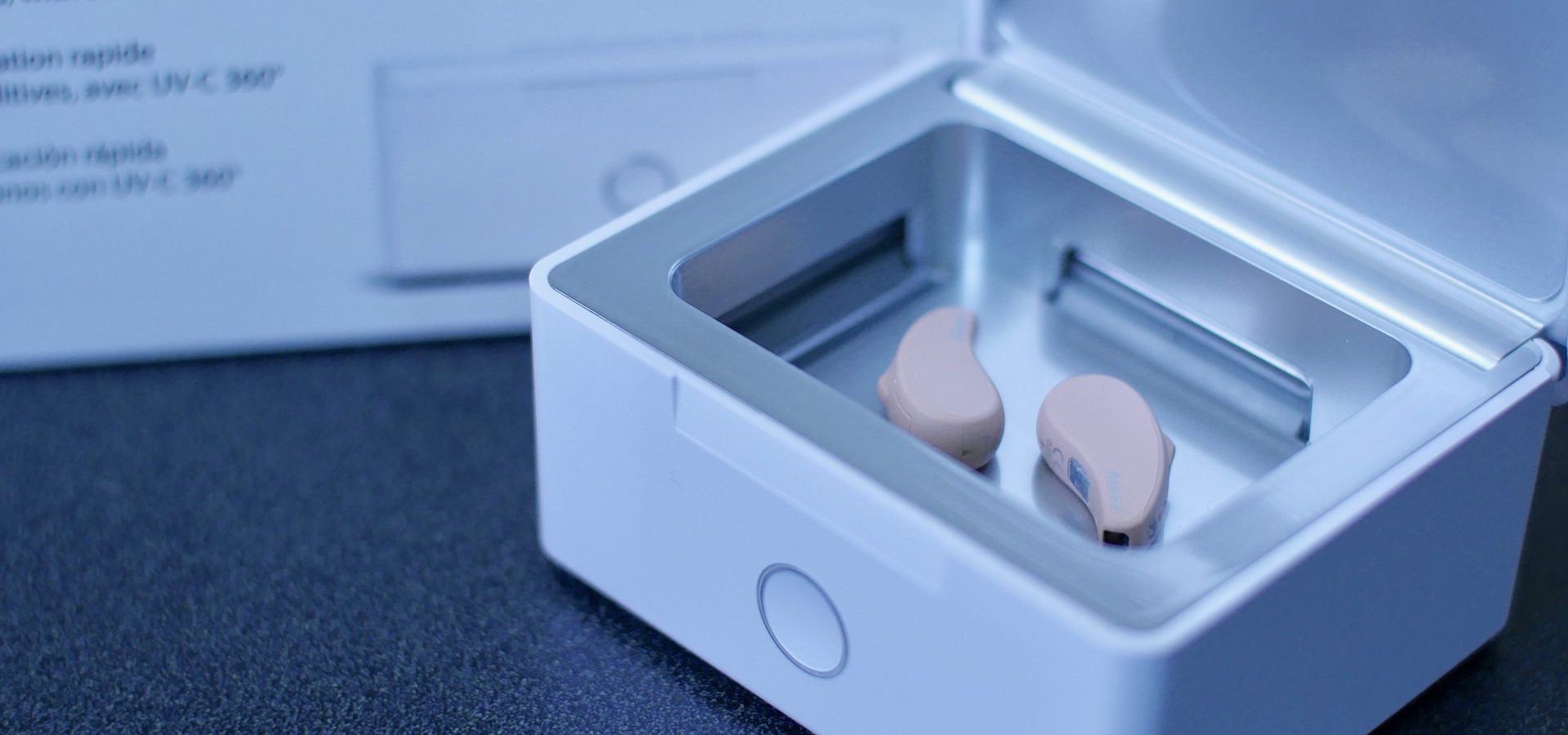Menu

Whatever you do, it is prudent to know all the factors affecting your purchase or maintaining your investment. If you plan to buy a pair of Beltone hearing aids, you will want to know how to care for them. This knowledge will help you care for it.
Like any other investment, you want to make the most out of the useful life of your Beltone hearing aids. With that said, you should continue reading this article.
What Is the General Lifespan of Hearing Aids?
Most hearing aids would typically last for three to seven years if you do not tend to toss them often and the hearing aid. Like any other electronic device, the parts will wear out. Thus, it will require a replacement of the unit.
Behind-the-ear hearing aids last five to six years, while in-the-ear types have a lifespan of four to five years. The parts of your hearing aid will not wear out simultaneously. Some parts will be replaced long before others. That is why you will encounter a situation where you will simultaneously use a pair of or even several hearing aids.
What Are the Elements That Affect the Lifespan of Your Hearing Aids?
The lifespan of your hearing aids will depend on the condition that you have stored them in. You should not expect that your hearing aid will function after years and years of use because it will eventually break. Here are some factors that influence their lifespan:
- Its Construction: The materials used to make the hearing aid will affect its lifespan. Your device will naturally last longer if made with durable and robust materials. It is easy to think that they are simply bulky, flesh-coloured devices, but they are miniature processing platforms. Manufacturers of modern hearing aids, such as Beltone Hearing Aids, design them with discretion and ergonomics in mind.
- Its Maintenance: You need to regularly store your hearing aids in a dry, low-humidity environment. If you do not do that, you will shorten their lifespan. Do not merely remove your hearing aids and toss them in your bag. Instead, could you put them in a protective case? It will minimize internal damage to its sensitive components.
Also, avoid exposing the hearing aids to high humidity levels, such as in the bathroom, before showering. It will help make your hearing aids last longer. Please remember that these devices are not waterproof, so avoid wearing them when you swim or shower.
Another way to keep your hearing aids in their utmost condition is to clean them regularly. It will keep germs, dirt, and dust away from your hearing aid. If you use a remote control to adjust your hearing aid settings, wipe it clean. Also, do not forget to clean the battery compartment.
- Frequency of Maintenance: Some companies encourage you to bring your hearing aids to a professional regularly to check and service the hearing aids. Most audiologists offer a free consultation and trial of your hearing aid in their clinics. They can also replace any worn-out or damaged parts for an affordable cost.
Conclusion
Durable and quality hearing aids can last you for years, but you need to maintain them right and use them properly. These devices slowly change with time, and you should be aware of this. You can quickly check online and ask your audiologist before buying your hearing aid. Also, tell your audiologist if you experience any problems with your hearing aid because this will allow them to investigate it and possibly change your device.
If you are looking for a reputable audiologist in Langley, get in touch with Fraser Valley Beltone. We will be more than happy to inspect your hearing aid or carry out a hearing test, so book an appointment now!
Share Post
Facebook
Twitter
LinkedIn
Email
Reddit
Pinterest
